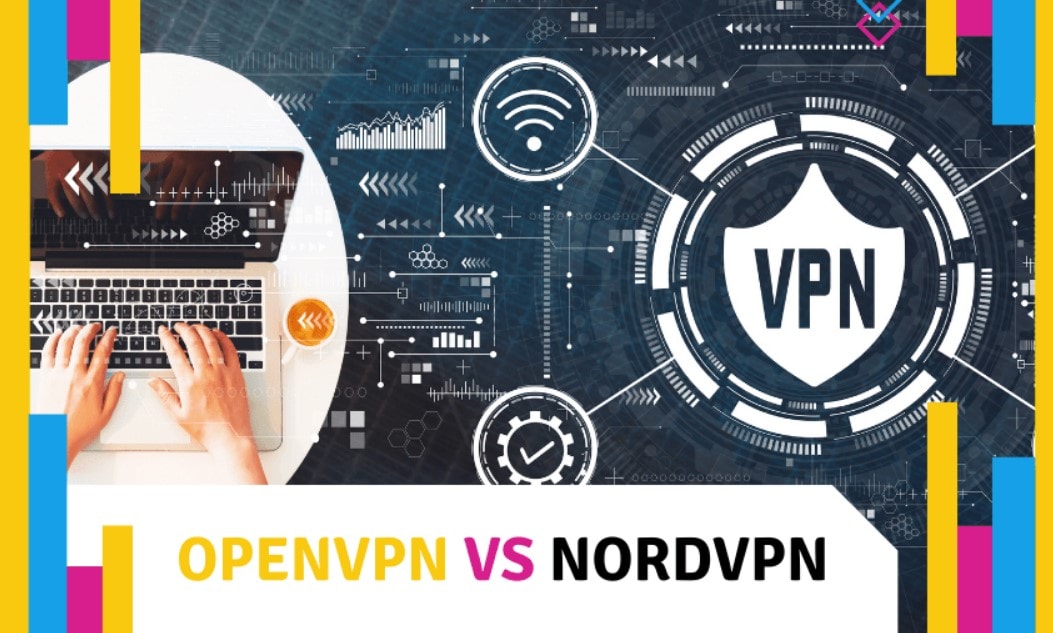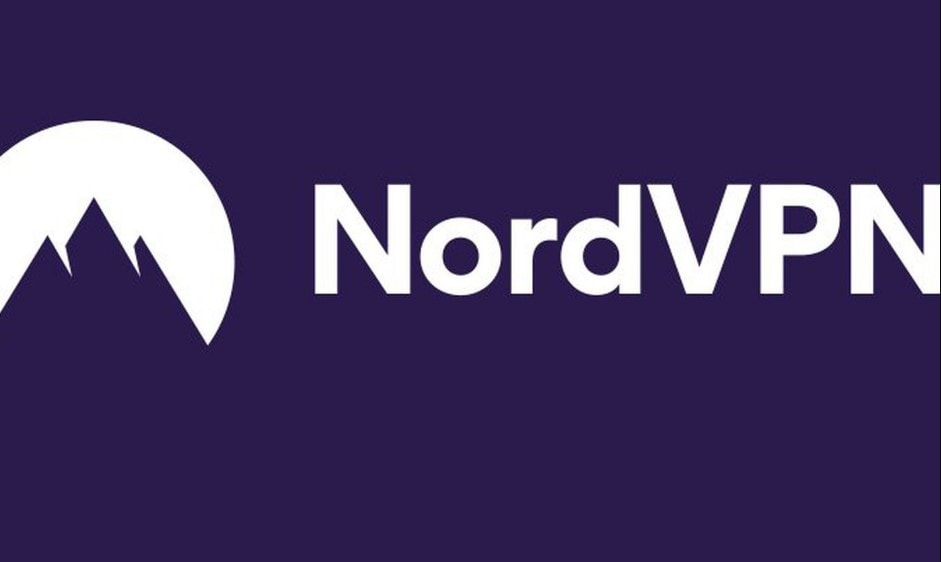Overview: OpenVPN vs NordVPN
In reality, OpenVPN is a protocol, rather than a service. OpenVPN is therefore listed as one of the protocols used by several VPN services. Due to its complexity, it will be difficult for newbies in technology to use.
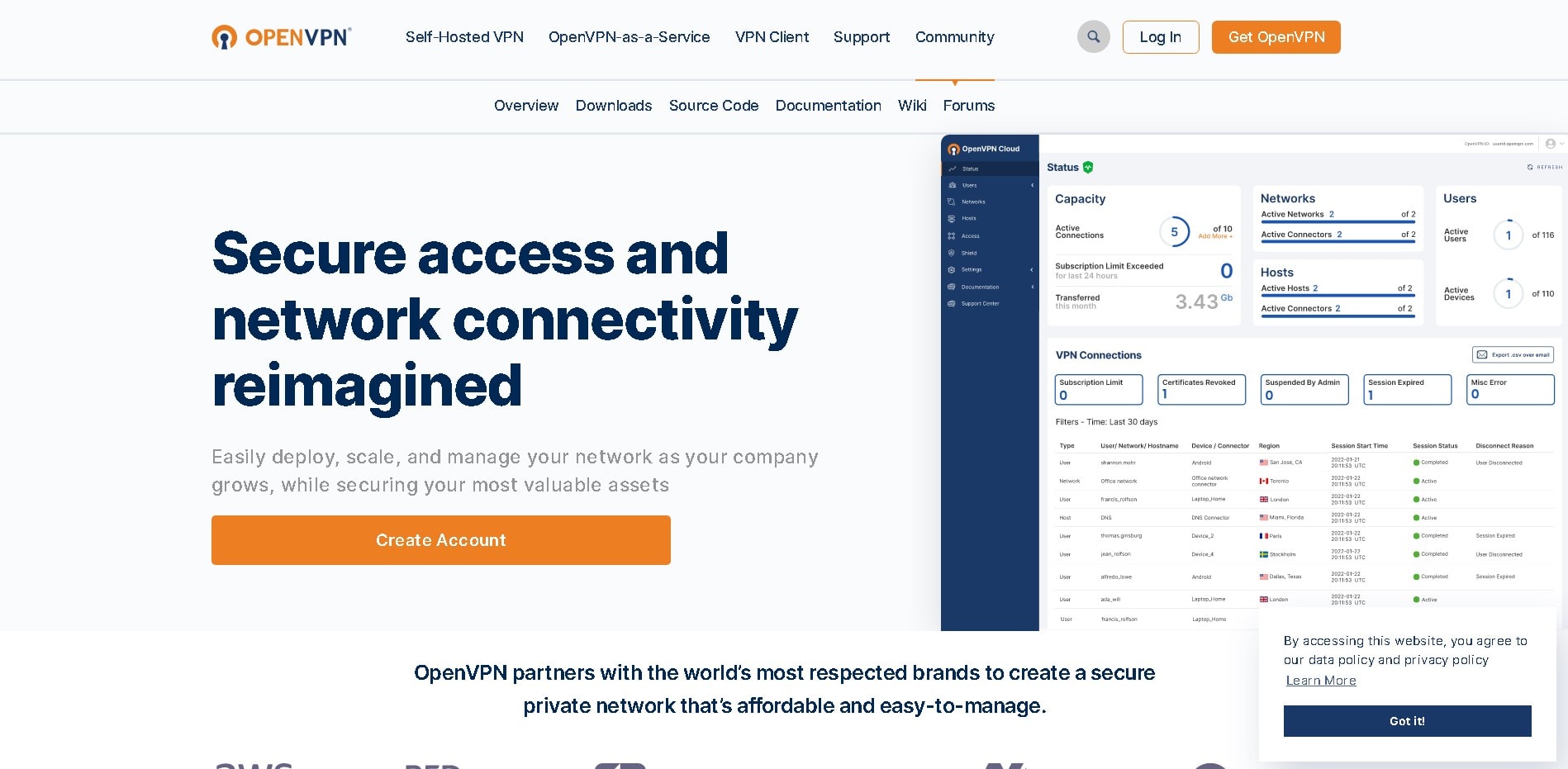
NordVPN has an affordable price and premium features. Over 5,400 servers are located in 59 countries, and they offer top-level encryption and fast speeds. A number of features are available, such as 256-bit encryption and DNS leak protection.
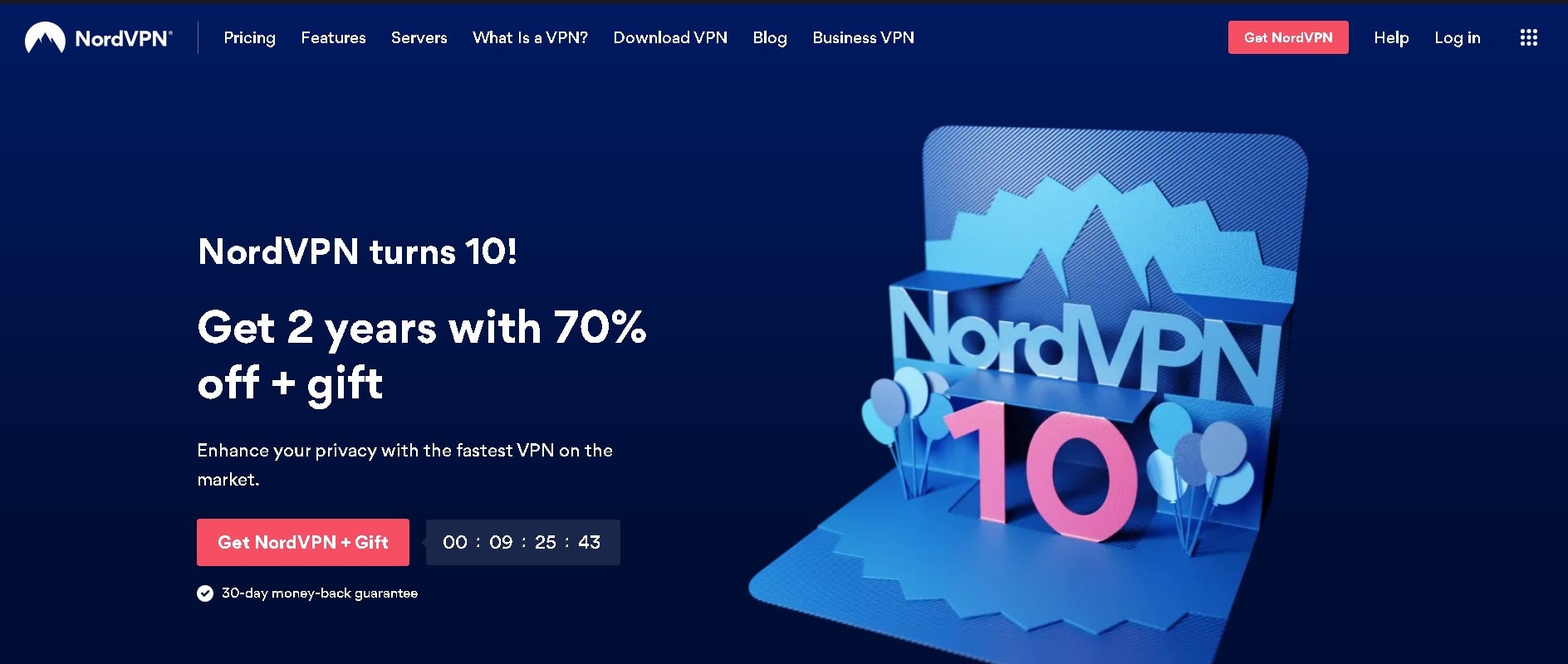
Features:
1. Speed
There are faster solutions on the market, but OpenVPN is not one of them. It is especially noticeable when compared to protocols such as PPTP and L2TP/IPsec.
The OpenVPN protocol is characterized by its high security level and attention to detail, which is what limits the speeds. Therefore, this protocol is the only one that is able to bypass firewalls and censorship blocks.
If you pay a premium for the high-end servers, you’ll receive better speeds. Most services using this protocol will provide you with multiple server options. Your speed is determined by which server you select.
There are several reasons why speed tests cannot accurately assess the speed of a VPN protocol. Generally, you want upload speed to be as fast as your connection.
VPNs encrypt data, so the speeds will be a little slower since it takes time to encrypt it and send it back and forth to another server. You might be able to get better internet speeds if your provider caps your internet speed.
Regardless of the location from which you connect, NordVPN offers fast speeds. In comparison to other VPNs, its servers are capable of operating at 10GBps. With NordVPN’s high capacity, any congestion can be handled and fast speeds can be delivered.
Among NordVPN’s three protocols, NordLynx is the primary native protocol, designed to deliver high transmission speeds and keep users anonymous. NordVPN also supports OpenVPN UDP and OpenVPN TCP protocols.
The other two protocols are variations of OpenVPN, and due to the reasons listed above, they do not provide top speeds.
Streaming, downloads, and torrenting are all possible on NordVPN servers. Pick the closest server for the fastest speed.
You don’t have to search through multiple options to find the fastest server with NordVPN–it automatically connects you to its fastest server at the time.
2. Servers
The server matrix of any VPN service is crucial to determining how your connection will be since it will determine how secure it will be.
You cannot connect to any official OpenVPN servers, but you can connect to some third-party ones. There is often no cost for using these servers, which are often run by volunteers. This is not an official server, and the policies of OpenVPN do not apply.
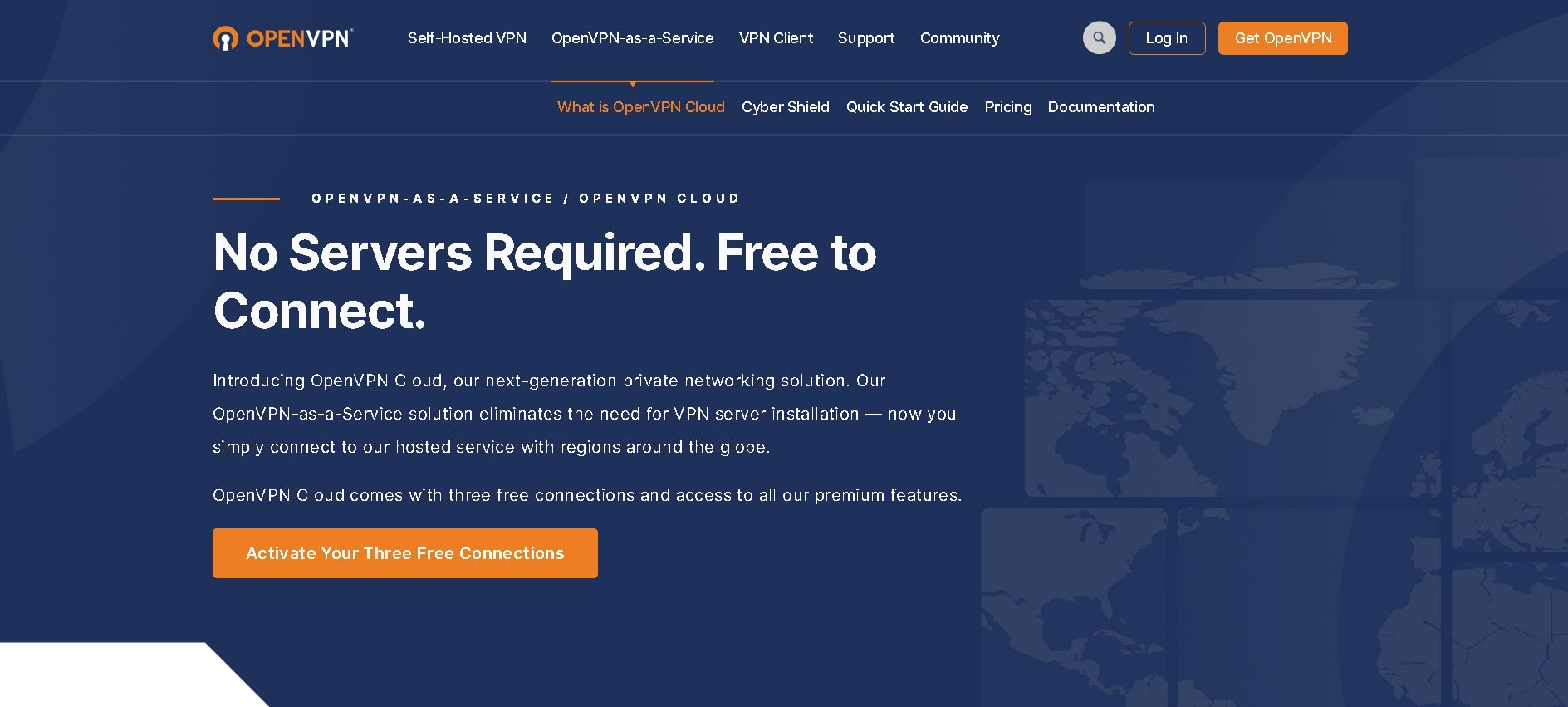
Due to the lack of dedicated servers, OpenVPN makes it very difficult for you to get high speeds and complete anonymity.
With more than 5,400 servers in 59 countries, NordVPN has one of the best server networks in the industry today. Most of the servers are located in the United States and the United Kingdom, which is ideal for people living in those countries.
NordVPN has servers in multiple underserviced South American, African, and Middle Eastern countries. Because of their strict policies regarding browsing, China and Russia do not have servers.
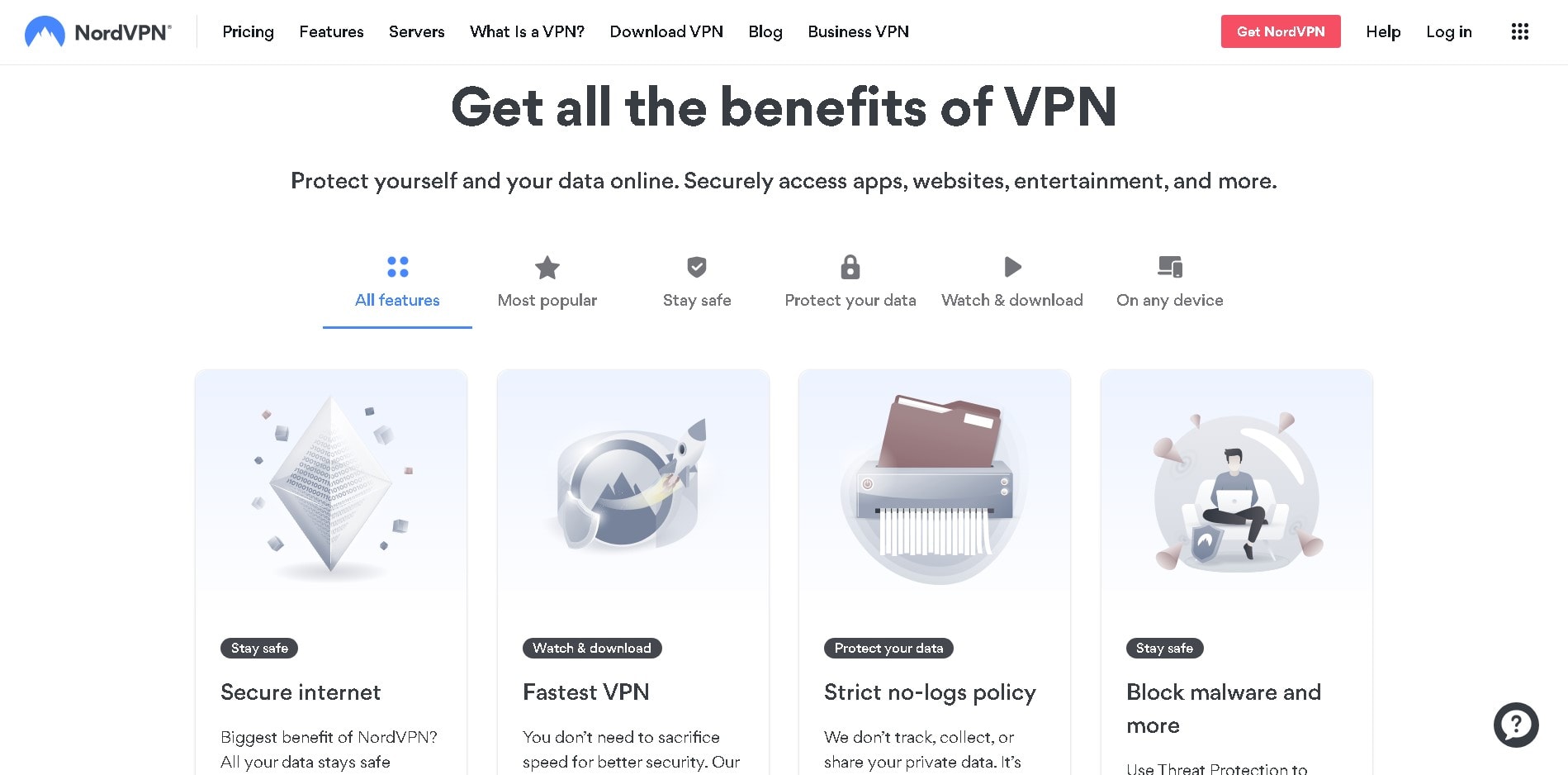
In addition to developing a network of co-located servers, the company operates and maintains them internally. In addition to ensuring top-tier security and quality, NordVPN ensures its users’ privacy and security by maintaining full control over its servers.
Furthermore, NordVPN offers a selection of servers that includes;
- P2P Servers – These servers allow you to share files via P2P and do not limit your bandwidth or keep logs of your activities.
- Double VPN servers – With this method, your traffic will be encrypted twice, thanks to two servers. Using a VPN normally won’t be impacted by this, but it might reduce your speeds a bit.
- Dedicated IP servers – This type of server gives you a dedicated IP address that you won’t be sharing with anyone else.
- Obfuscated servers – These are ideal for countries that restrict internet access severely.
- Onion over VPN servers – These servers bypass ISPs and governments with an onion network that is private from them.
3. Security
Security is OpenVPN’s strongest suit.
Thanks to Open SSL 256-bit encryption and authentication certificates, it is one of the safest protocols in use today.
The information you send over OpenVPN is encrypted using Secure Sockets Layer and Transport Layer Security protocols. While TLS is the newer version of SSL, they both ensure maximum security.
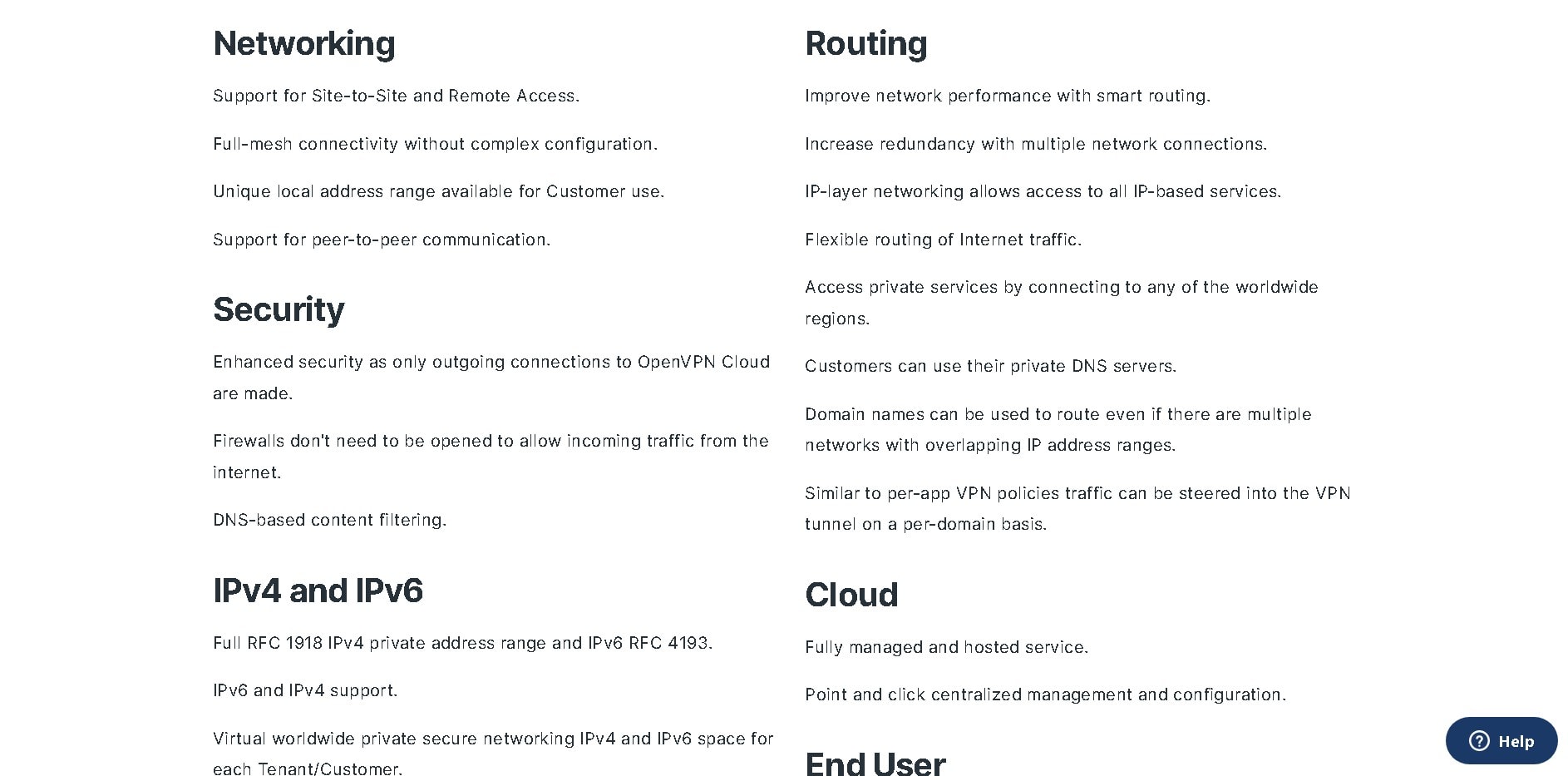
User Datagram Protocol and Transmission Control Protocols are used in OpenVPN to transmit data. In contrast, TCP checks the data to ensure successful transmission, whereas UDP sends data immediately, which can result in a less reliable connection. When a connection becomes unstable, OpenVPN switches to TCP.
As well as the above features, OpenVPN provides intelligent security features, such as an auto-kill switch that cuts internet access when the connection is too unstable for TCP to protect it.
Even NordVPN uses OpenVPN’s security due to its unmatched security
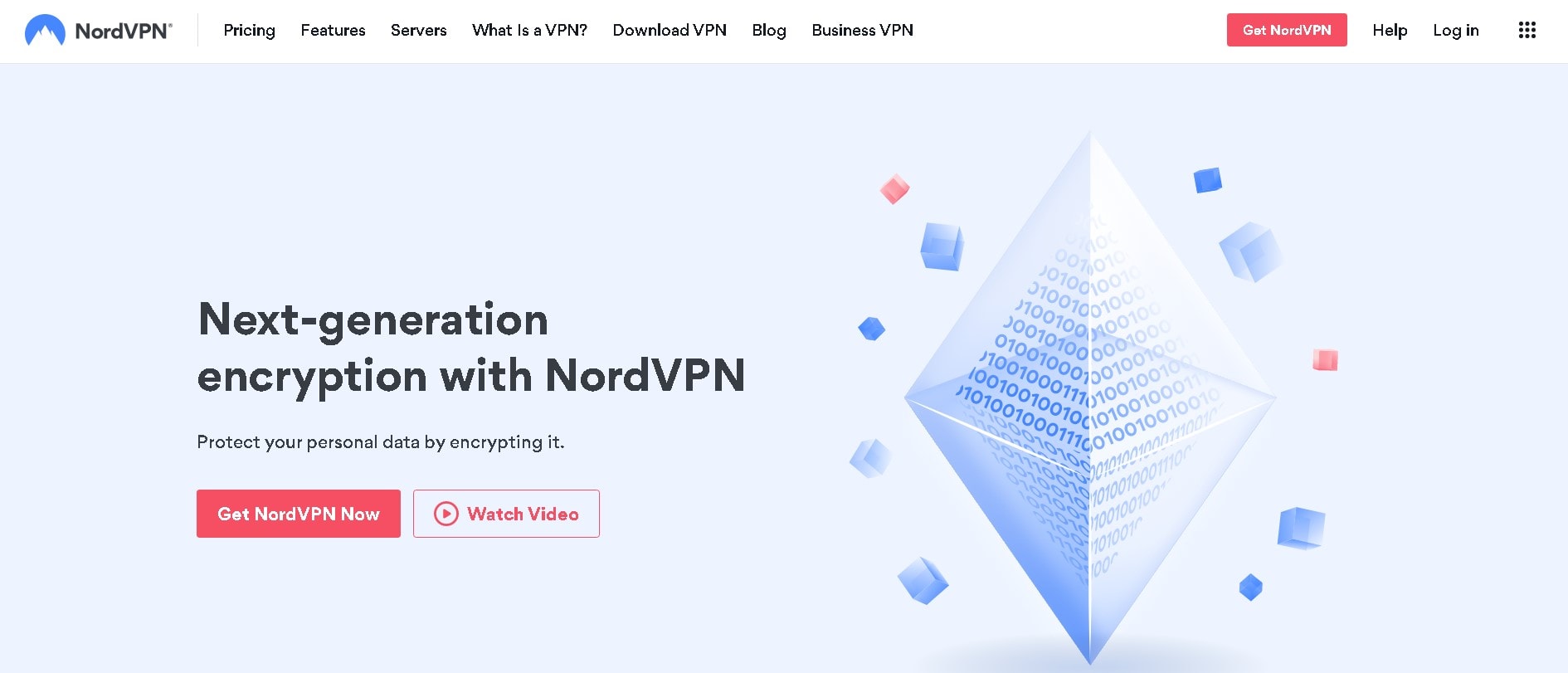
Security is guaranteed through NordVPN’s proprietary NordLynx protocol, among other features. With WireGuard’s security and double NAT, this hybrid protocol ensures that your data is never recorded by the servers. NordVPN uses two types of OpenVPN for its apps.
In addition, NordVPN has two VPN servers and a kill switch that prevents you from accessing the web if the VPN fails. Additionally, you can use CyberSecurity to block ads and protect yourself from malware.
4. Privacy
OpenVPN’s data collection features are very limited. They only support email addresses. They lack a dedicated server network, which is a concern.
Separate entities run the independent servers, every one of which has its own policies. Consequently, OpenVPN is unable to guarantee complete privacy when the server belongs to another organization.
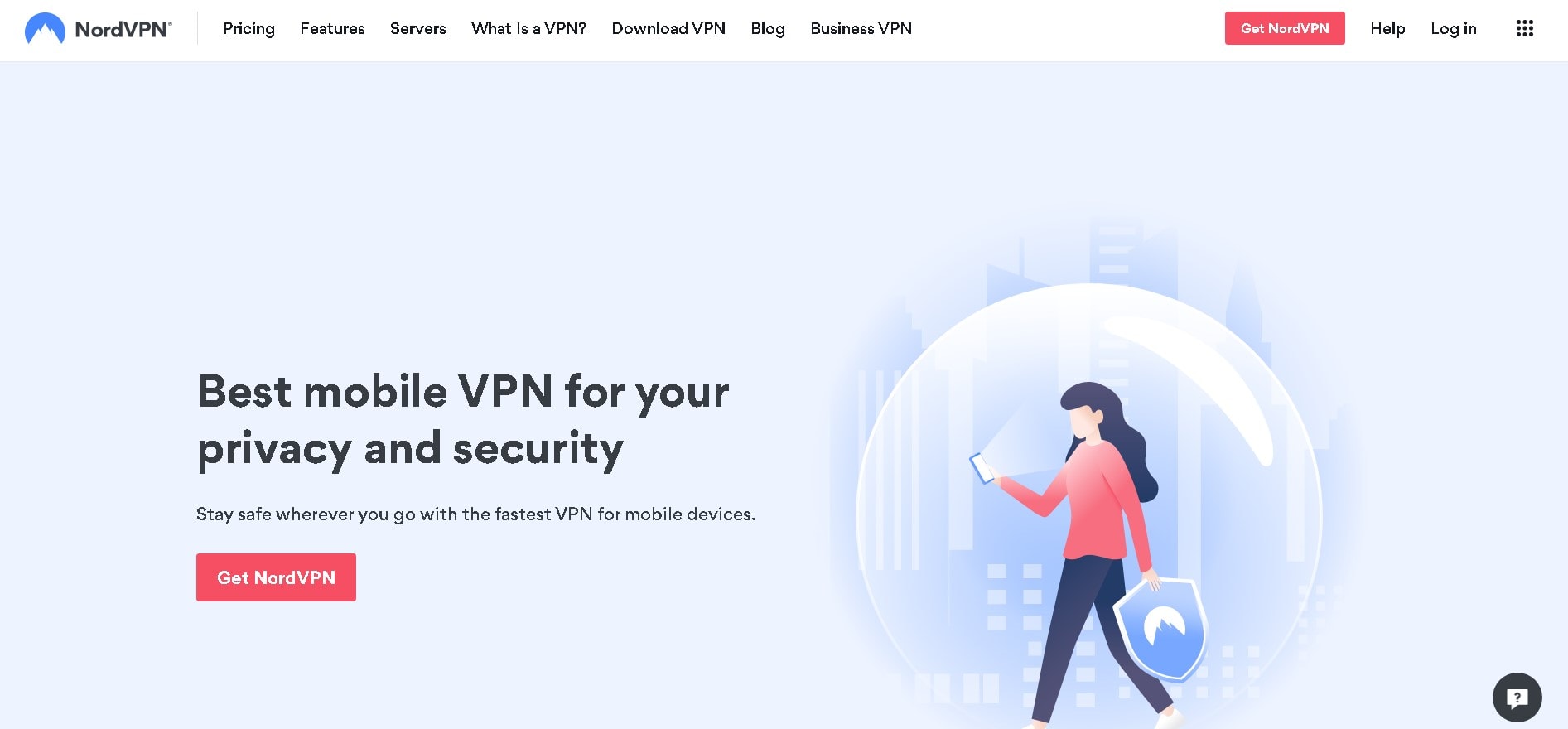
Independent firms have audited and confirmed NordVPN’s no-logs policy. The company does not share or sell its connection logs, IP addresses, or traffic logs. Besides that, NordVPN is located in Panama, which does not belong to the 5,9, and 14 Eyes spy network, a network with various countries in Europe and America.
5. User Experience
It works on almost every device, just like any other free VPN. Even though the user interface is simple to use, you will need some knowledge of networking to install. You can set it up in two ways, namely manually or automatically.
If you choose manual configuration, you will need to download and install the OpenVPN connect app. In order to connect to your newly added server, you must import your server profile.
An existing VPN subscription is required for automatic setup. You may have to pay for this service depending on your current subscription.
There are a number of different VPN protocols you can choose from, with OpenVPN being one of the most popular. There is a protocol tab on all VPN services, and you should choose OpenVPN and click connect.
You can download NordVPN’s app on any device, and the website is intuitive and easy to use. Whenever you are on the phone, computer, or web, you can quickly switch between servers in different countries and select the ones you want.
Linux users are accustomed to running the Linux version by commands, but it may be confusing to users unfamiliar with the CLI.
6. Support
To set up a VPN or when you encounter problems, you may need the assistance of an expert.
As OpenVPN is an open source project, there are no support features. In their FAQ section, you can find detailed instructions on how to set up OpenVPN to your liking, alongside comprehensive guides.
NordVPN offers a live chat at all times, and they respond quickly and comprehensively. They have a well-organized knowledge base that includes articles about how to set up this VPN that you can find on their website. Send them an email if you need additional assistance, and they will respond promptly.
7. Price and Plans
The open source software OpenVPN is free to download and use.
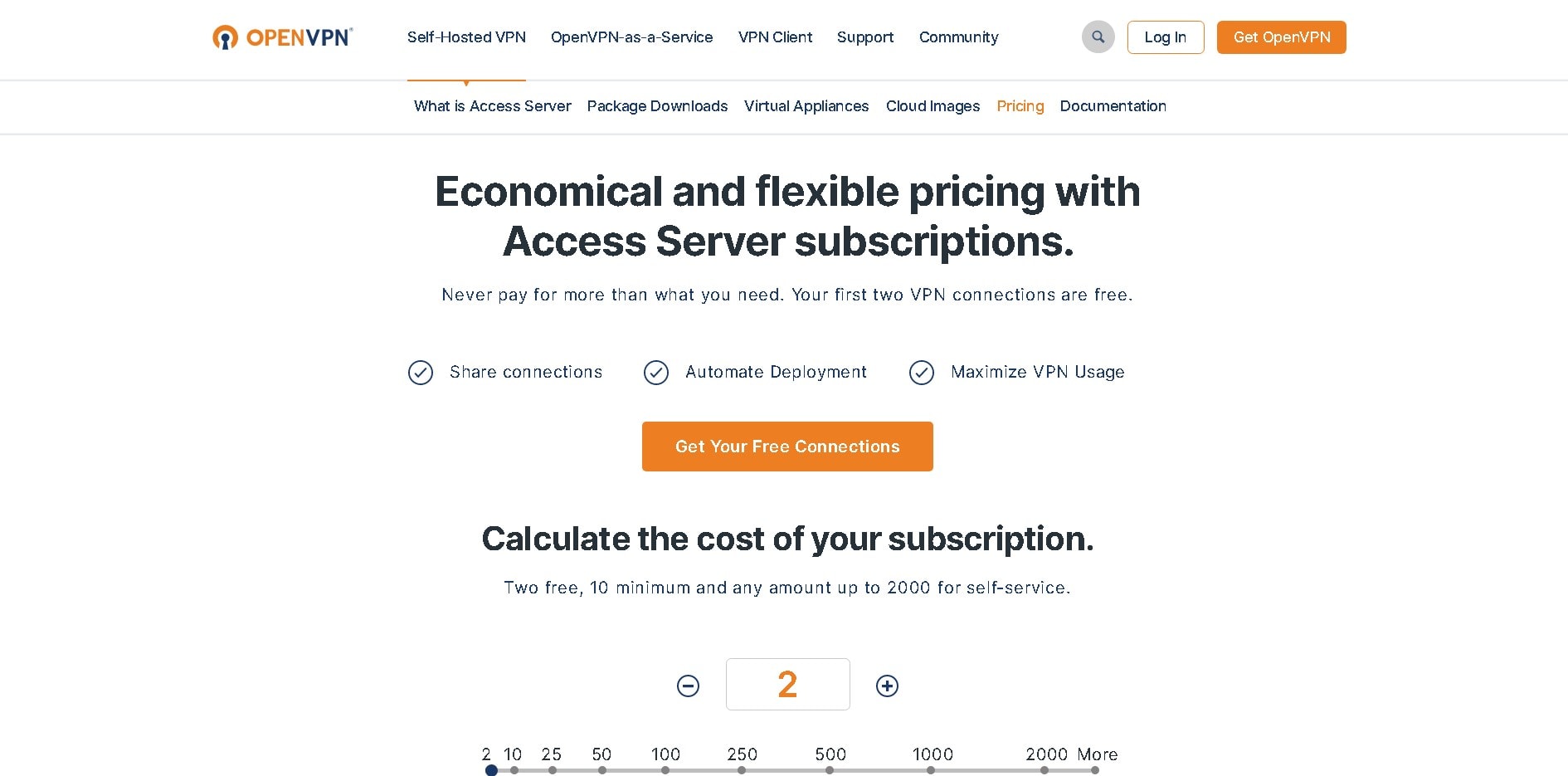
There are several NordVPN plans you can choose from, and the price is determined by the length of your subscription. You get all the features with any plan, but you get a greater value if you subscribe for a longer period of time.
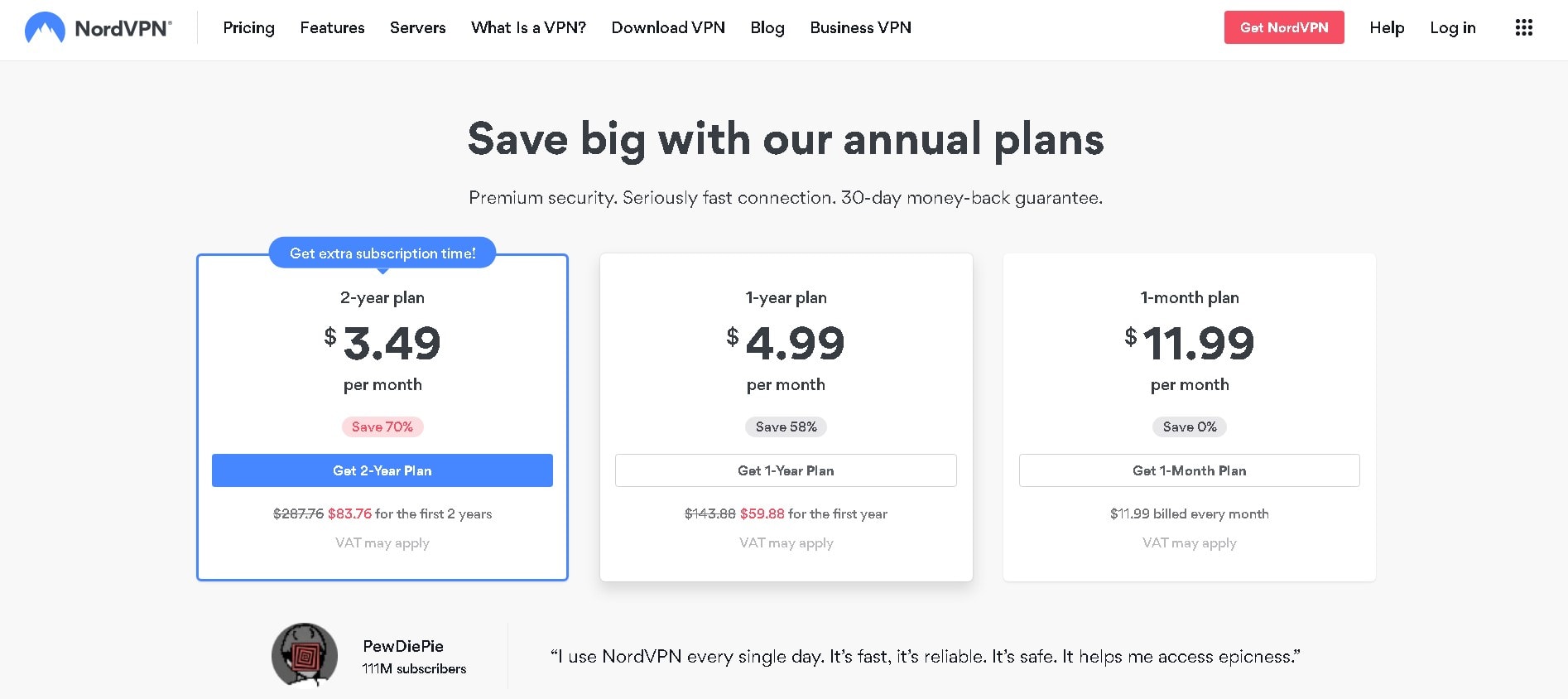
It is possible to choose between a one-month plan at $11.99, a one-year plan at $4.92 per month, or a two-year plan at $3.49 per month.
